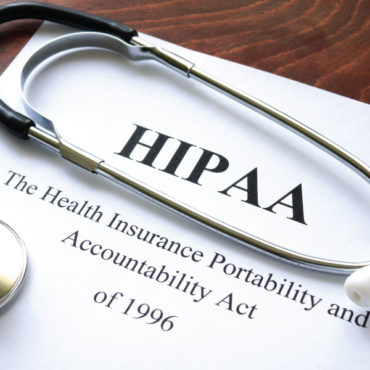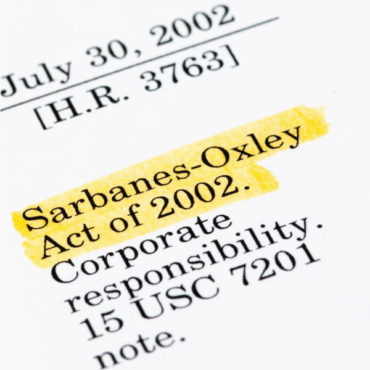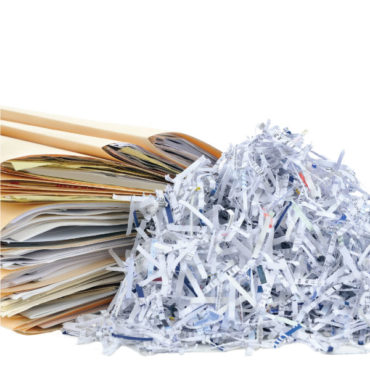Resources
What information capture competencies do you need to fuel your Artificial Intelligence initiatives? In a recent AIIM survey we investigated the question of what information capture “leadership” looks like in user organizations. What does information capture look like in leading organizations that want to position this competency not only as a source of immediate competitive advantage, but also as a long-term competency critical
California Assembly Bill 2246 (October 2001) “California Shredding Law” Assembly Bill 2246, authored by Assemblyman Howard Wayne (D-San Diego), protects consumers from identity theft by requiring that business owners dispose of customer or tenant records to make them unreadable or indecipherable. Provisions include:
Congress passed the Administrative Simplification provisions of the Health Insurance Portability and Accountability Act of 1996 (HIPAA) to improve the efficiency and effectiveness of the nation’s Healthcare system. Every Business Has Information That Requires Destruction. All businesses have occasion to discard confidential data.
The Fair and Accurate Credit Transaction Act (FACTA), affecting virtually every person and business in the United States, is designed to reduce the risk of consumer fraud and identity theft. The law is expansive in scope, covering 19 issues, most of which focus on ensuring proper credit reporting.
The Financial Modernization Act of 1999, also known as the “Gramm-Leach-Bliley Act” or GLB Act, includes provisions to protect consumers’ personal financial information held by financial institutions. There are three principal parts to the privacy requirements: the Financial Privacy Rule, Safeguards Rule and pretexting provisions.
The Sarbanes-Oxley Act was signed into law on 30th July 2002, and introduced highly significant legislative changes to financial practice and corporate governance regulation. It introduced stringent new rules with the stated objective: “to protect investors by improving the accuracy and reliability of corporate disclosures made pursuant to the securities laws”.
In business, good record keeping is essential not only for tax reporting purposes but also for the success of the company. The guidelines below give common retention periods for the most business records. Call us if you would like more information or assistance with your record retention program.
Every Business Has Information That Requires Destruction. All businesses have occasion to discard confidential data. Customer lists, price lists, sales statistics, drafts of bids and correspondence, visitor logs, and even memos, contain information about business activity which would interest any competitor or criminal.
Regularly Scheduled Shredding Services Here’s how our process works: Locked security containers are placed in designated areas of your premises, eliminating wasted staff time spent on paper shredders. Documents requiring destruction are dropped into the security containers where they will remain until your scheduled service date.
Documents that contain any of the following pieces of personal information must be shredded per California Assembly Bill 2246: Name, Telephone Numbers, Drivers License or State ID Card Numbers, Passport Number, Education, Credit Card Numbers












